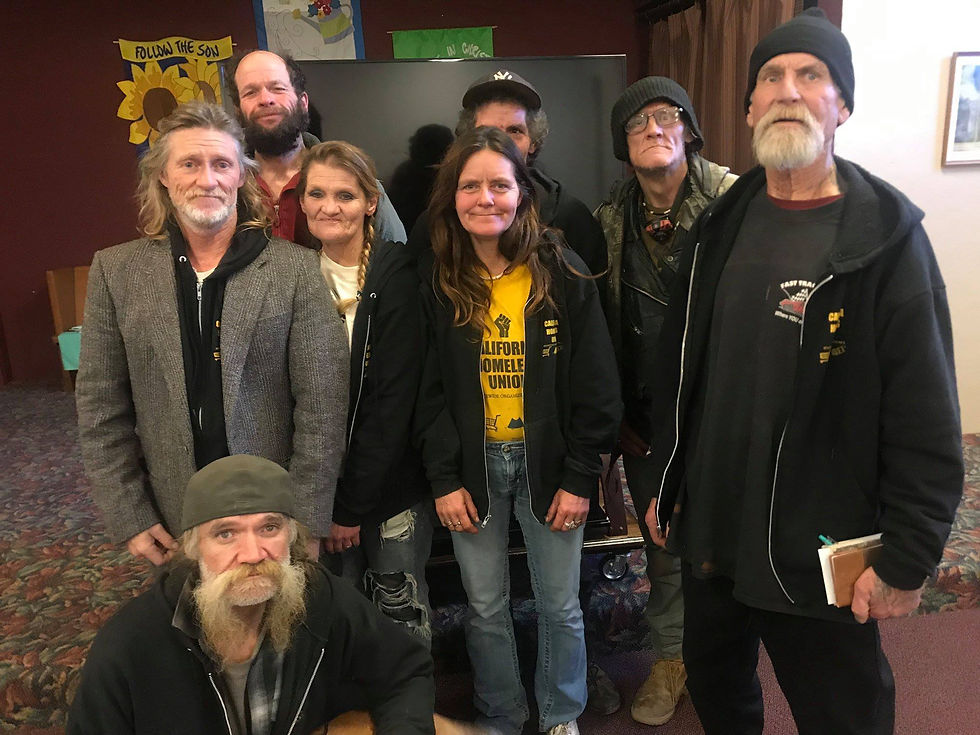There is Always More to the Story
- Kevin Phillips
- Sep 16, 2017
- 3 min read

This research is a year old. I find it helpful as I try to continue to try to understand the Trump Event.
Gallup’s Jonathan Rothwell has offered a particularly detailed argument that there’s a lot more than pure economic anxiety at work (in the election of Donald Trump). Gallup's regular surveys offered Rothwell a large dataset of 87,428 Americans who told pollsters whether they held a favorable or unfavorable view of Donald Trump. That sample size let him drill down geographically, analyzing support for Trump at the regional and local level — even, on some questions, down to individual zip codes.
Trump supporters are richer, not poorer, than average: For one thing, Rothwell found that both across the overall population and among whites, support for Trump is correlated with higher income, not lower. That’s not surprising; low-income people have always preferred Democrats. But it definitely contradicts the image of Trump as spokesman for the economically struggling.
In my work, I am constantly checking my own personal biases against whatever evidence I can find about what is happening in the organizations I serve. The question in the forefront of my mind, and the question that keeps me up at night: "What is REALLY going on?"
The question matters. Leaders make decisions that influence their organization. The worst decision a leader can make is one based on a false perception of reality.
"Projection" describes what happens when a person is unable to see reality because they are invested in their own vision of themselves or others.
Thus, when a White woman passes by a good and decent man walking down the street who is African American and sees a potential drug dealer or mugger, she is projecting her racist bias. Similarly, when an African American is approached by a police officer and instead of seeing a person dedicated to public safety, he sees a brutal instrument of the State intent on doing him harm, this also is projection.
Social research (sociology) gathers evidence to help us to see reality with greater clarity. It serves to challenge the ideas we PROJECT about the world around us.
Last year the Gallup organization conducted a study of people likely to support Trump. The study revealed that what people think about Trump Supporters is often more about their projection of personal bias rather than an accurate perception of reality.
For example:
1. The typical Trump supporter was not a lower-income White male struggling to find a job. He is a securely employed higher-income blue-collar worker with less education. Lower-income people tend not to support Trump.
2. The typical Trump supporter did not lose a job to an immigrant from Mexico and/or did not live in a region affected by crimes committed by "illegal immigrants". Rather, the less exposure one had to Mexican immigrants, and the more you lived in homogeneous White suburbs, cities, or regions of the country, the more likely you were to be a Trump supporter and support "The Wall".
3. The typical Trump supporter does not come from a manufacturing region and the more exposure a region has to Chinese imports, the less likely one was to support Trump.
4. The typical Trump supporter lives in a region with low social mobility. That is, people tend to not have been exposed to diversity.
5. The typical Trump supporter comes from a region with higher rates of White middle-age mortality. (Other studies have correlated this to higher rates of addiction to alcohol and drugs, and also to suicide).
There is more to the story. There is always more to the story.
I wonder. What is REALLY going on?





Comments